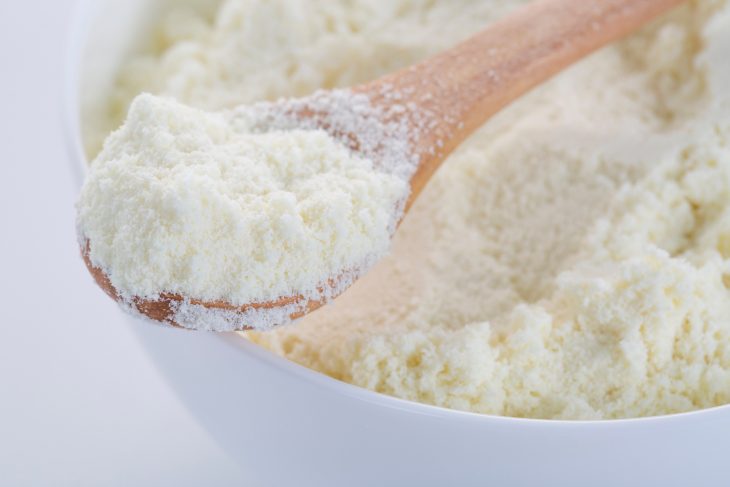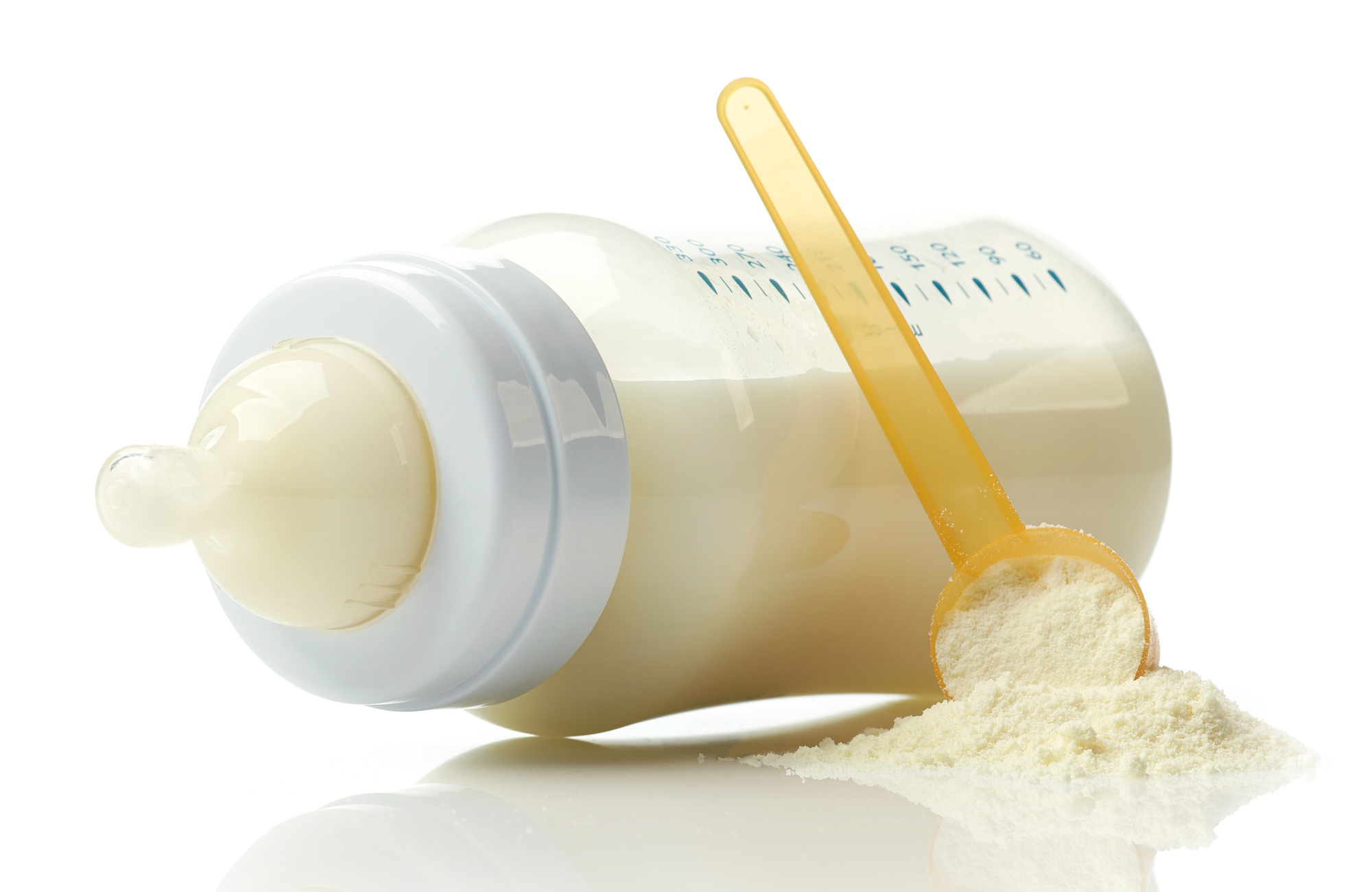
Powdered milk, also known as dried milk or milk powder, is a convenient and versatile dairy product that has gained popularity for its long shelf life and ease of use. Whether you’re a hiker seeking lightweight sustenance or a busy parent looking for a nutritious alternative, powdered milk offers an array of benefits. In this article, we’ll explore ten nutritional facts about powdered milk and its positive impact on your health.
Rich in Protein
Protein is an essential nutrient that plays a vital role in building and repairing tissues, supporting immune function, and maintaining overall health. Powdered milk is a concentrated source of protein, containing approximately 8 grams of protein per 30-gram serving. Including powdered milk in your diet can help you meet your daily protein requirements and promote muscle growth and repair.
Excellent Source of Calcium
Calcium is crucial for strong bones and teeth, as well as for proper muscle and nerve function. Powdered milk is an excellent source of calcium, providing approximately 276 milligrams per 30-gram serving. Regular consumption of powdered milk can contribute to maintaining healthy bones and reducing the risk of osteoporosis.
Packed with Vitamins and Minerals
Powdered milk is fortified with essential vitamins and minerals, making it a valuable addition to your diet. It typically contains significant amounts of vitamin D, which aids in calcium absorption, and vitamin A, essential for vision and immune function. Additionally, powdered milk contains essential minerals like potassium, magnesium, and phosphorus, which support various bodily functions.
Low in Fat
For individuals seeking a low-fat alternative to traditional milk, powdered milk is an excellent choice. Unlike whole milk, powdered milk is typically low in fat, with only around 2 grams of fat per 30-gram serving. Opting for powdered milk can help reduce your overall fat intake while still enjoying the nutritional benefits of dairy.
Long Shelf Life
One of the significant advantages of powdered milk is its extended shelf life. Properly stored, powdered milk can last for months or even years without spoiling. This makes it an ideal option for emergencies, camping trips, or situations where fresh milk may not be readily available. Its long shelf life ensures you always have a reliable source of dairy on hand.
Versatile Ingredient
Powdered milk is incredibly versatile and can be used in various recipes. From baking bread and cakes to preparing creamy sauces and desserts, powdered milk adds a rich and creamy flavor. It can also be reconstituted with water to create a nutritious alternative to fresh milk in beverages like smoothies or coffee. Its versatility makes powdered milk a staple in many kitchens worldwide.

Suitable for Lactose-Intolerant Individuals
Individuals with lactose intolerance often struggle to digest lactose, the sugar found in milk. However, powdered milk contains significantly lower levels of lactose compared to fresh milk, making it more tolerable for those with lactose intolerance. Choosing powdered milk can allow lactose-intolerant individuals to enjoy the nutritional benefits of milk without discomfort.
Convenient for Traveling
Traveling can sometimes pose challenges when it comes to accessing fresh and nutritious food options. Powdered milk comes to the rescue as a portable and lightweight source of dairy. Whether you’re embarking on a road trip or traveling to remote areas, powdered milk can be easily packed and reconstituted with water whenever you need a quick and nutritious beverage.
Cost-Effective Solution
In terms of cost, powdered milk often proves to be more budget-friendly compared to fresh milk. It offers a cost-effective solution for families or individuals looking to save money without compromising on the nutritional value of dairy products. By incorporating powdered milk into your daily routine, you can enjoy the benefits of milk while staying within your budget.
Sustainable Choice
Choosing powdered milk can have environmental benefits as well. With its longer shelf life, powdered milk reduces the amount of milk wasted due to spoilage. Additionally, powdered milk requires less packaging and transportation, resulting in a smaller carbon footprint compared to fresh milk. Opting for powdered milk aligns with sustainability goals and promotes eco-friendly practices.
Conclusion
Powdered milk offers numerous nutritional benefits, including being a rich source of protein, calcium, vitamins, and minerals. Its low-fat content, long shelf life, and versatility make it a convenient choice for a variety of applications. Whether you’re looking for a lactose-intolerant-friendly alternative or a cost-effective solution, powdered milk proves to be a reliable and sustainable option. Incorporate powdered milk into your diet and enjoy its nutritional goodness.
Frequently Asked Questions (FAQs)
Is powdered milk as nutritious as fresh milk?
Powdered milk retains most of the nutritional value of fresh milk, including protein, calcium, and essential vitamins and minerals. However, it is important to note that some heat-sensitive nutrients, such as vitamin C, may be slightly reduced during the drying process.
How can I use powdered milk in recipes?
Powdered milk can be used in various recipes, including baking, cooking, and preparing beverages. It can be added to bread dough, cake mixes, and pancake batter to enhance the flavor and texture. You can also reconstitute powdered milk with water to create a substitute for fresh milk in recipes.
Can powdered milk be used as a creamer in coffee?
Yes, powdered milk can be used as a creamer in coffee. Simply add the desired amount of powdered milk to your coffee and stir until dissolved. Adjust the quantity based on your preferred taste and creaminess.
Does powdered milk have any additives?
Some powdered milk brands may contain additives, such as stabilizers or emulsifiers, to improve texture and prevent clumping. It is recommended to check the ingredient list and opt for brands with minimal additives if desired.
How should powdered milk be stored?
To maintain its quality, powdered milk should be stored in an airtight container in a cool, dry place. Avoid exposure to moisture and direct sunlight. Proper storage will help preserve its flavor and nutritional content for an extended period.
Was this page helpful?
Our commitment to delivering trustworthy and engaging content is at the heart of what we do. Each fact on our site is contributed by real users like you, bringing a wealth of diverse insights and information. To ensure the highest standards of accuracy and reliability, our dedicated editors meticulously review each submission. This process guarantees that the facts we share are not only fascinating but also credible. Trust in our commitment to quality and authenticity as you explore and learn with us.


